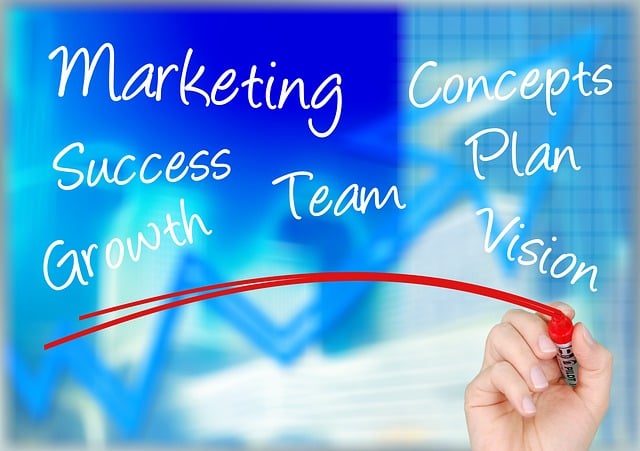AI-driven table turnover optimization is a game-changer in personalized marketing, enabling businesses to analyze customer data for dynamic segmenting and tailored content delivery throughout the customer journey. This strategy enhances engagement, boosts conversion rates, increases customer lifetime value, and strengthens brand loyalty. Powered by machine learning algorithms, AI-driven marketing tools process vast customer data for highly relevant communication and offers, significantly improving marketing performance and brand-customer relationships. Key metrics like click-through rates, conversion rates, and average order value measure success, with future trends focusing on heightened personalization, efficiency, and ethical data usage.
In today’s competitive landscape, AI-driven table turnover optimization is revolutionizing personalized marketing strategies. This article delves into the transformative power of artificial intelligence, exploring how businesses can leverage AI for dynamic, data-driven marketing. We’ll uncover practical implementations, effective measurement techniques, and future trends shaping the AI business marketing realm. By understanding AI-driven table turnover optimization, companies can enhance customer engagement and drive sustainable growth.
- Understanding AI-Driven Table Turnover Optimization
- Implementing Personalized Marketing Strategies with AI
- Measuring Success and Future Trends in AI Business Marketing
Understanding AI-Driven Table Turnover Optimization

In the realm of personalized marketing, AI-driven table turnover optimization emerges as a game-changer. This innovative approach leverages artificial intelligence to analyze vast customer data, enabling businesses to make informed decisions about their marketing strategies. By understanding individual customer preferences and behaviors, AI systems can orchestrate tailored campaigns that significantly enhance engagement and retention.
The process involves scrutinizing various factors such as purchase history, browsing patterns, and interactions with past campaigns. This in-depth analysis allows for the creation of dynamic segments, enabling marketers to deliver highly relevant content at every touchpoint. Consequently, businesses witness improved conversion rates, increased customer lifetime value, and a heightened level of customer satisfaction, fostering stronger relationships in today’s competitive market.
Implementing Personalized Marketing Strategies with AI

Implementing personalized marketing strategies powered by AI has become a game-changer for businesses aiming to enhance customer engagement and boost sales. By leveraging machine learning algorithms, companies can analyze vast amounts of customer data, including purchase history, browsing behavior, and demographics, to create dynamic and tailored marketing campaigns. This level of customization ensures that each customer receives relevant messages, offers, and product recommendations, significantly increasing the likelihood of conversions.
AI-driven table turnover optimization is a prime example. Through predictive analytics, AI systems can anticipate customer preferences and identify patterns in their purchasing cycles. This enables businesses to proactively send targeted promotions or personalized email campaigns at precisely the right time, maximizing the impact on consumer behavior. Such strategic implementations not only elevate the overall marketing performance but also foster stronger, more meaningful relationships between brands and their customers.
Measuring Success and Future Trends in AI Business Marketing

Measuring success in AI-driven marketing is an evolving art. Key performance indicators (KPIs) must be carefully chosen to align with business goals, whether it’s enhancing customer retention through AI-driven table turnover optimization or boosting sales by personalized campaigns. Metrics such as click-through rates, conversion rates, and average order value can provide insights into the effectiveness of AI algorithms in segmenting customers and delivering targeted content.
Looking ahead, future trends in AI business marketing promise even greater personalization and efficiency. Advances in machine learning will enable more sophisticated customer profiling, allowing for hyper-individualized experiences. Additionally, integration with other technologies like augmented reality and voice assistants could revolutionize how brands interact with their audiences. As data privacy regulations tighten, ethical considerations around data usage and consumer consent will also play a significant role in shaping the landscape of AI marketing.
AI-driven table turnover optimization has transformed personalized marketing, enabling businesses to create dynamic strategies that resonate with individual customers. By leveraging advanced algorithms, companies can now predict customer preferences and deliver targeted campaigns that drive engagement and sales. As technology evolves, measuring success through key performance indicators (KPIs) will remain crucial. Future trends suggest an even more integrated approach, where AI seamlessly enhances every aspect of marketing, from content creation to customer service, ultimately fostering stronger brand loyalty and business growth.
